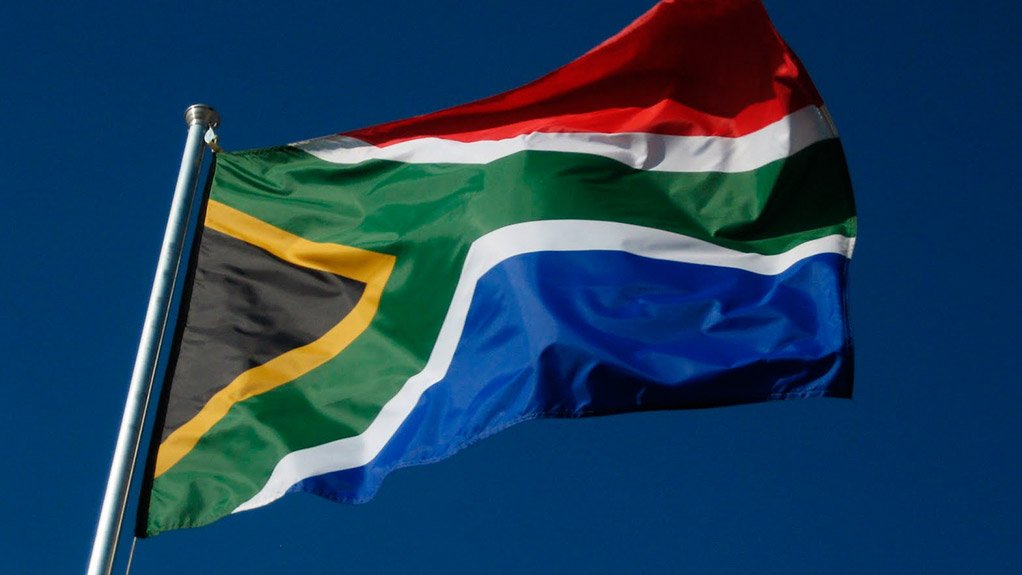Professor Tulio de Oliveira and Dr Sikhulile Moyo have been named in TIME Magazine’s prestigious 100 Most Influential People list, for their work in genomics and epidemiology, a vital field during the global Covid-pandemic.
In November 2021, they led the multidisciplinary team that discovered the Omicron variant of SARS-CoV-2, which quickly became the dominant variant of the virus, globally.
De Oliveira is a Stellenbosch University Professor of Bioinformatics, holding a joint appointment at the university's School for Data Science and Computational Thinking, the Faculty of Science and the Faculty of Medicine and Health Sciences.
Moyo obtained his PhD in Medical Virology at Stellenbosch University in 2016, and is Botswana Harvard AIDS Institute Partnership (BHP) laboratory director.
Stellenbosch University Rector and Vice-Chancellor Professor Wim de Villiers said the acknowledgment by TIME magazine proves that Africa's cutting-edge research has a global impact and further establishes De Oliveira and Moyo as international leaders in their field.
“Their research and subsequent discoveries enabled governments worldwide to make scientifically informed decisions about Covid-19 and the Omicron variant, and their inclusion in TIME's list is a just reward for their hard work and expertise. SU is immensely proud of their achievement and will continue to enable ground-breaking research with real-world impact,” said De Villiers.
While the Omicron variant was discovered by South African scientists, it was soon realised that the variant had not originated in South Africa.
The variant of SARS-CoV-2, dubbed widely as the ‘South African variant’, resulted in international travel bans and stigma towards South Africa.
De Oliveira said South Africans will remember the occasion with some chagrin.
“During the pandemic, what we did in South Africa was to remind hundreds of researchers that we're in a very strong position to respond scientifically, because we have the facilities – most of them constructed to deal with HIV and TB – and a lot of experience in dealing with infectious viruses and respiratory pathogens. And we also have the willingness of our government to follow our scientific advice," he said.
Moyo remembered it as “a rollercoaster of emotions” to see the international community react so forcefully with travel bans for Southern African countries.
Despite the negative publicity, African scientists have collaborated to generate over 100 000 genomes in the past two years.
“The only way we can succeed is by collaborating and continuously sharing ideas. Success in science comes through genuine collaboration. Working with leading scientists at Stellenbosch such as Professor De Oliveira and the Network for Genomic Surveillance in South Africa has been so fulfilling for me, and has exposed me to so much great, transparent science and capacity building,” Moyo said.
De Oliveira is the founding director of Stellenbosch University's new Centre for Epidemic Response and Innovation (CERI), and he has already raised more than R300-million in funding.
Moyo, in addition to his position at BHP, is also a research associate of the Harvard T.H. Chan School of Public Health and an adjunct senior lecturer at the University of Botswana.
De Oliveira and Moyo believe in leading the fight against epidemics from an African perspective.
“In a country such as South Africa, where people tend to be very good at highlighting their differences, it's important also to highlight what we can achieve when we collaborate for the greater good," De Oliveira said.
EMAIL THIS ARTICLE SAVE THIS ARTICLE ARTICLE ENQUIRY
To subscribe email subscriptions@creamermedia.co.za or click here
To advertise email advertising@creamermedia.co.za or click here











